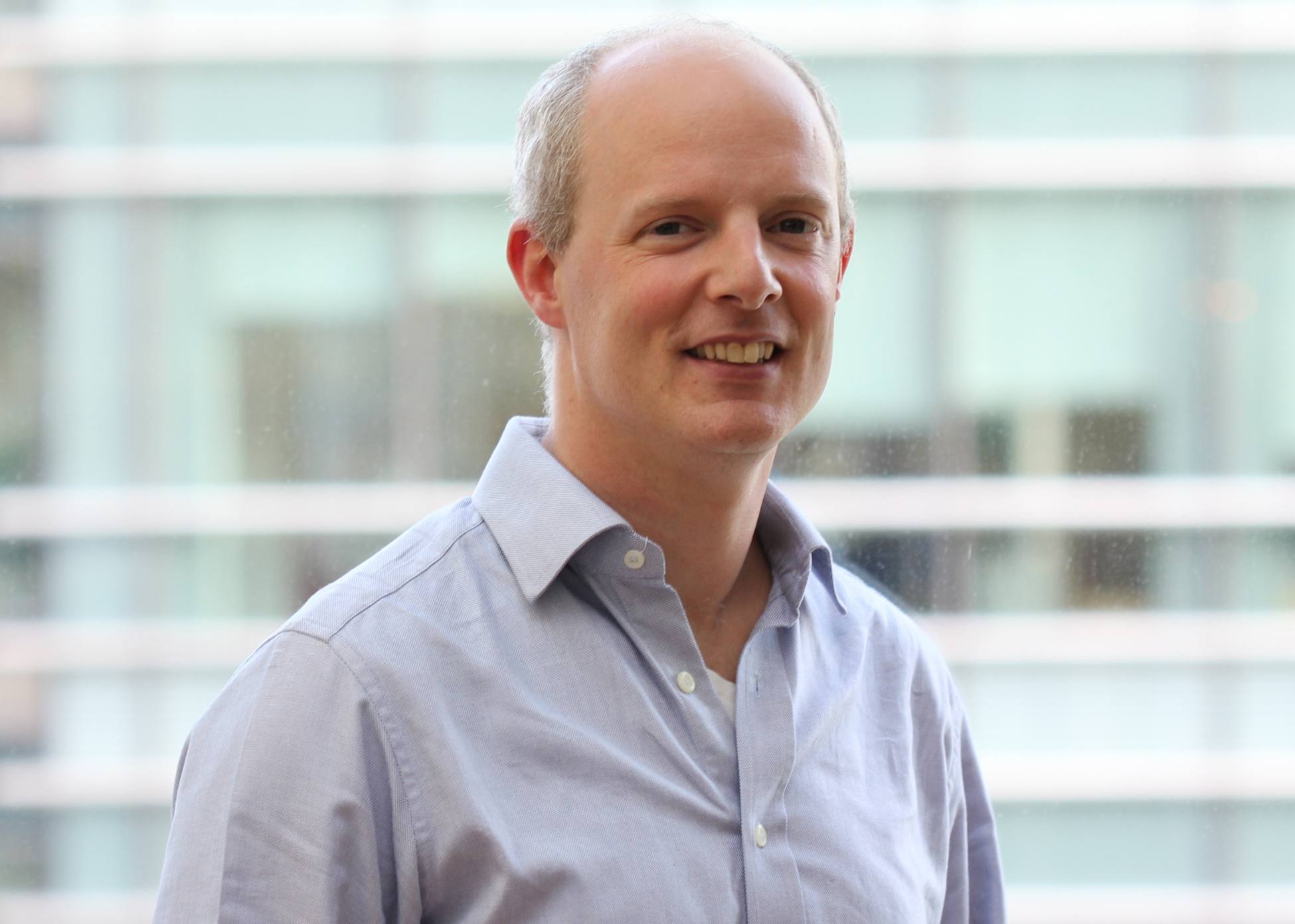Our experienced, dedicated board provides advice and helps steer the strategic direction of Good Things Foundation. As well as our external trustees, we have three staff trustees, elected by our Good Things colleagues.
Liz Williams MBE
Liz is the Group Chair of Good Things. She’s the founding Chief Executive of FutureDotNow, a business coalition focused on closing the digital skills gap for working age adults. Liz is also a member of Portsmouth University’s Business Advisory Board and sits on the Government’s Digital Skills Council.
Previously, Liz led BT Group’s digital and social inclusion strategies, advising the Chair, CEO and Board on corporate policy and delivering cross-sector collaborations with government, civil society and other leading businesses that impacted millions of lives. She also served as a Social Mobility Commissioner leading on digital and the future of work.
Liz is a social entrepreneur and long-term campaigner on the importance of digital equity. Her work has been instrumental in promoting digital inclusion and social mobility across the UK and as a result she was awarded the MBE in 2019. Liz regularly features in Computer Weekly’s top 20 most influential women in UK technology.
What does digital inclusion mean to Liz?
“Digital inclusion is the golden thread to personal prosperity. When you are digitally enabled, with the right kit, access and skills, it’s hard to imagine life without it. Yet, that is the reality for millions of people today. Good Things Foundation is working to fix the digital divide – for good. It’s a great strapline but ultimately, it’s about people and ensuring no-one is left behind in our increasingly digital world. You only have to spend a few moments in one of the National Digital Inclusion Network Hubs to see how people’s lives are transformed as they grow in capability and confidence.”
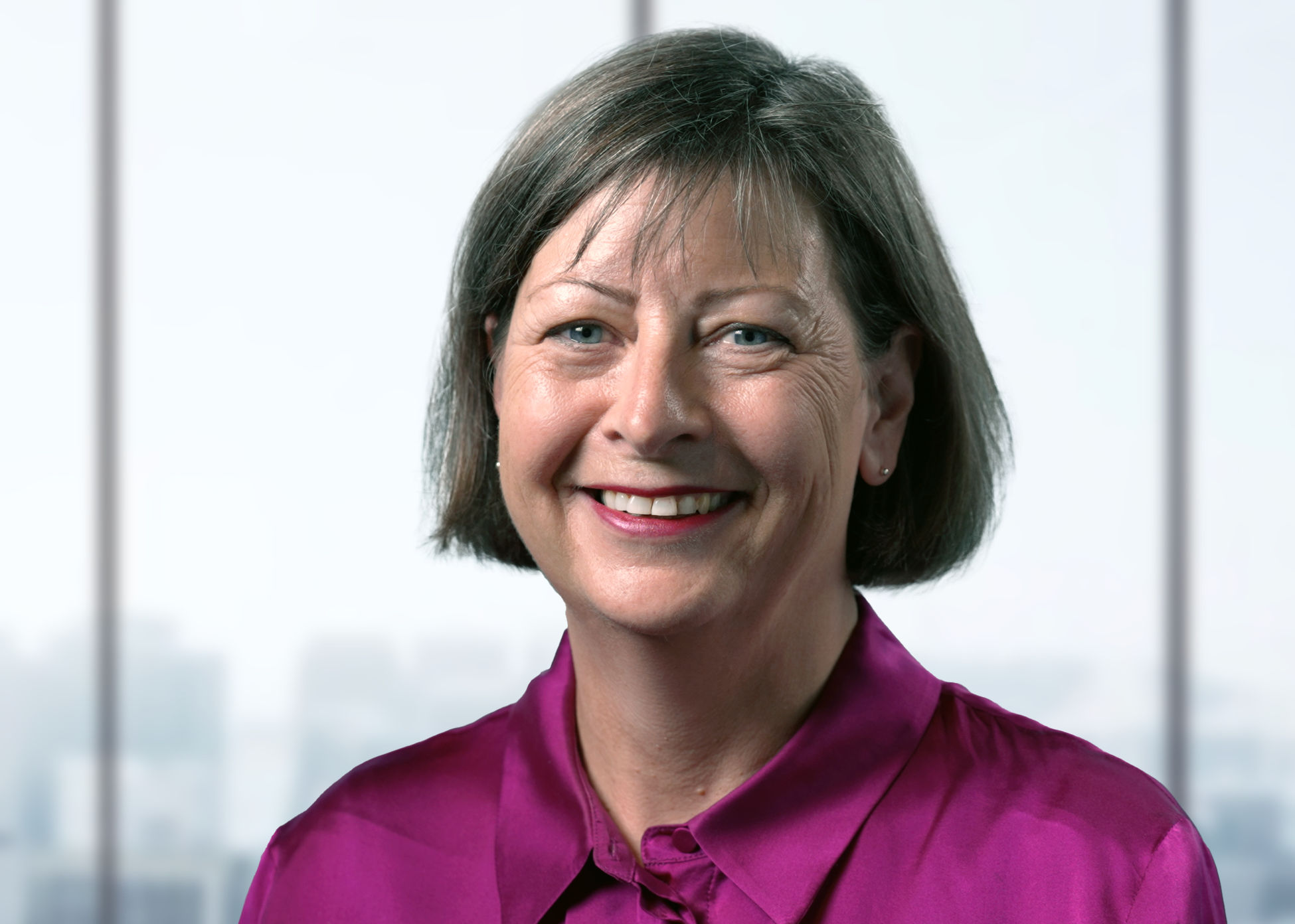
Vinous Ali
Vinous brings experience from the political sphere to her role as trustee, as a former Deputy Director of Communications, and Senior Policy Adviser with the Liberal Democrats.
Vinous is currently Director and Head of International at Public First with a host of experience from the technology world as former Head of Policy and then Associate Director of Policy at techUK and former Head of the Technology Practice at policy and research consultancy, Public First.
What does digital inclusion mean to Vinous?
"Digital inclusion is that extra rung on the ladder that allows you to reach higher. Being digitally included allows you to step up a level and see further - whether that is professionally or personally. Everyone should have access to that extra step."
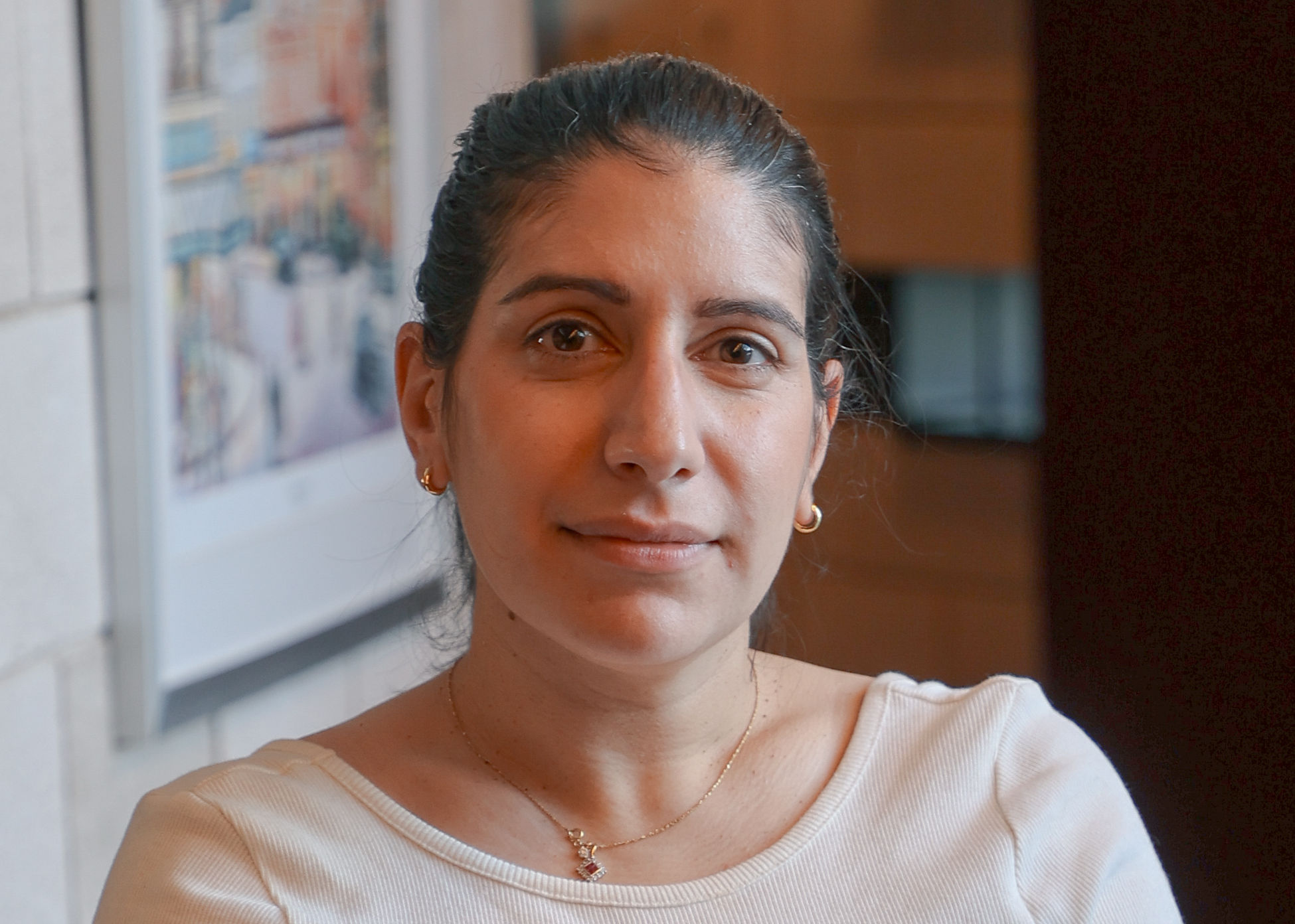
David Bernard
David joined us as a Trustee in 2023. He started his career in strategy consulting and corporate finance, before entering the data and software industry, with a number of global executive roles at Thomson Reuters, Experian and Equifax.
He is now Chief Executive of Equifax for the UK & Ireland.
Since 2023, David has also been a strategic adviser for Schwarzthal Tech, a startup company working in the RegTech/FinTech industry.
He is passionate about digital transformation and about building great digital experiences using data and software.
What does digital inclusion mean to David?
"While I have had the chance and opportunity to get in front of a computer when I was a kid and to get access to the nascent internet while a student, and made a career of being digitally-literate, I fully recognise that not everyone has had that chance, and that today’s society really requires digital skills and digital access for pretty much anything you need to do in life. We need to give everyone a chance to get on the digital ladder and the basic skills and access to give them a chance in life."
.jpg)
Thomas Beautyman
Thomas Beautyman has an extensive background in learning, change and digital transformation.
Through his work at the Cabinet Office as Deputy Director for Government Digital Capability, he has led initiatives to enhance digital skills across the civil service, addressing the digital skills gap and promoting digital transformation within government departments.
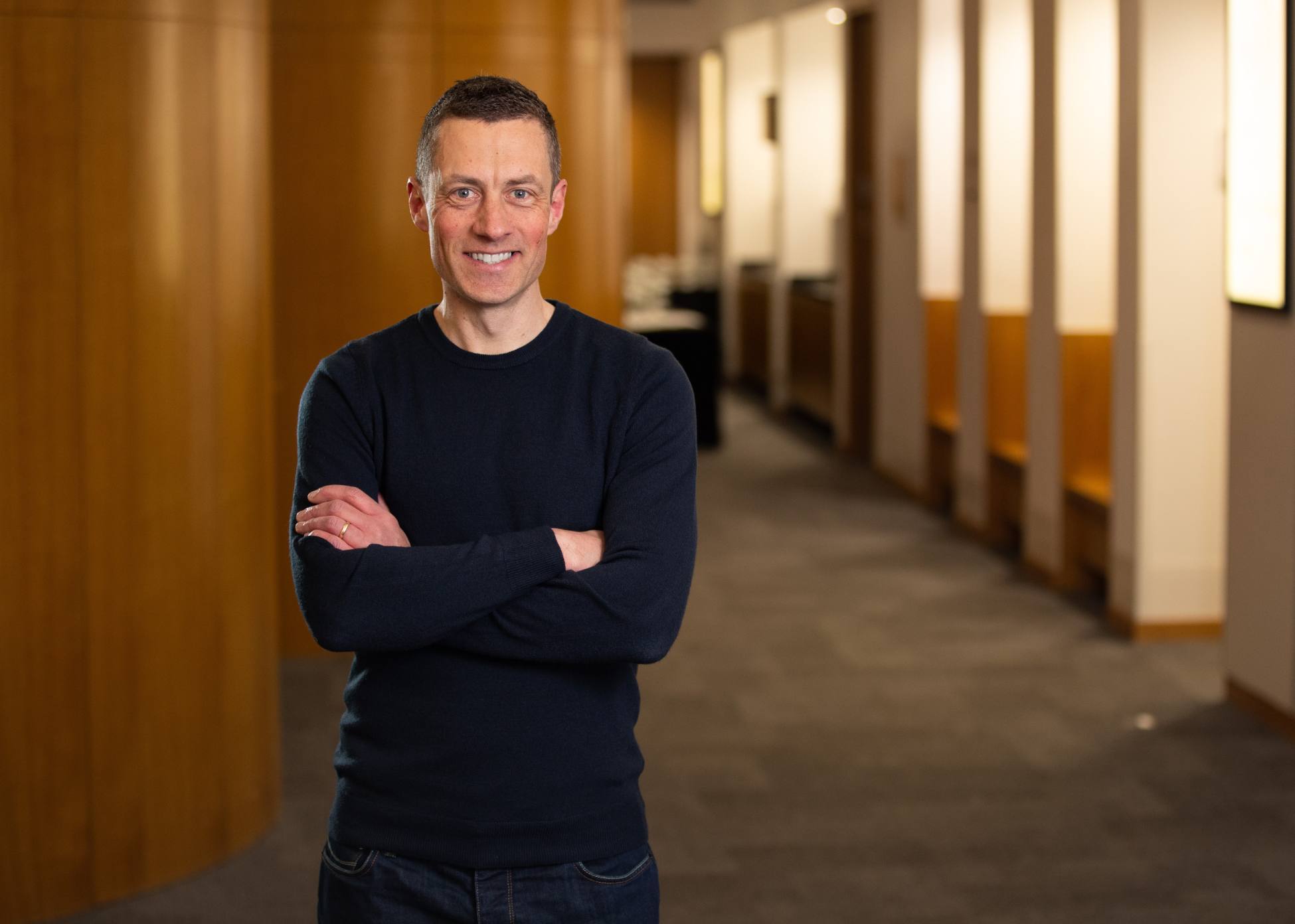
Mary Booth
Mary is one of our staff-elected trustees and is our Digital Services Manager, with a focus on learning and skills, ensuring our skills offer and platforms support the Digital Inclusion Network's digital skills delivery effectively.
Her 25+ years in online learning began at the University for Industry, followed by freelance work on a wide range of interactive learning and product development projects.
Mary is passionate about broadening access to educational opportunities and advocates for user-friendly experiences. Mary also serves on the Birmingham Adult Education Service advisory board.
What does digital inclusion mean to Mary?
"To me, digital inclusion means equipping everyone with the confidence and skills to navigate the online world safely and effectively. In our increasingly digital world, being able to participate online is a fundamental life skill. It opens doors to education, employment and social connections, meaning that people can participate fully in society and thrive."
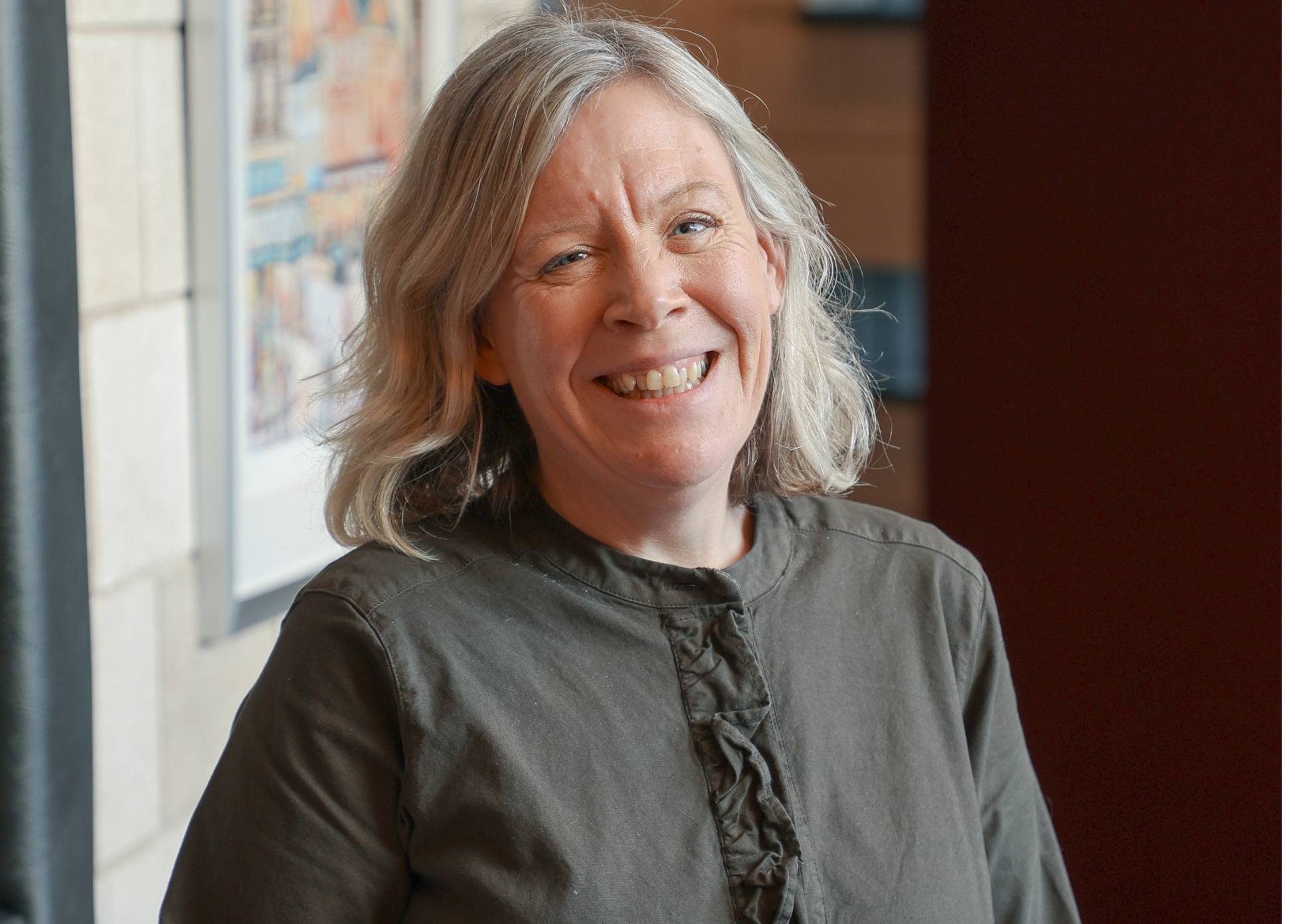
Roy Clare CBE
Roy has been our Trustee since 2017, and of Good Things Foundation Australia since 2019. He is a pro-active advocate for digital investment for positive social outcomes.
An experienced board member, he champions inclusive governance and empathetic leadership, based on respect for diversity and equity. He is involved in activities that nourish creativity and strengthen community life - a Trustee of The Heritage Alliance, a Parish Councillor in his village, and the Vice Lord-Lieutenant for Essex.
Involved in leading museums for more than twenty five years, he has been the Director (CEO) of the National Maritime Museum, Greenwich, and Auckland War Memorial Museum in New Zealand, he founded the Britannia Museum of Officers Training and was a Rear Admiral in the Royal Navy.
What does digital inclusion mean to Roy?
“Being able to connect digitally and having the skills to exploit the potential are fundamental to modern life. Digital capability is the key to learning and employability. Literally, digital know-how - being competent and safe online - is the key to earning a living and a pathway to well-being, health and happiness. I feel privileged to be able to lend a hand as a Board Member of Good Things Foundation, helping to close the digital divide for good.”
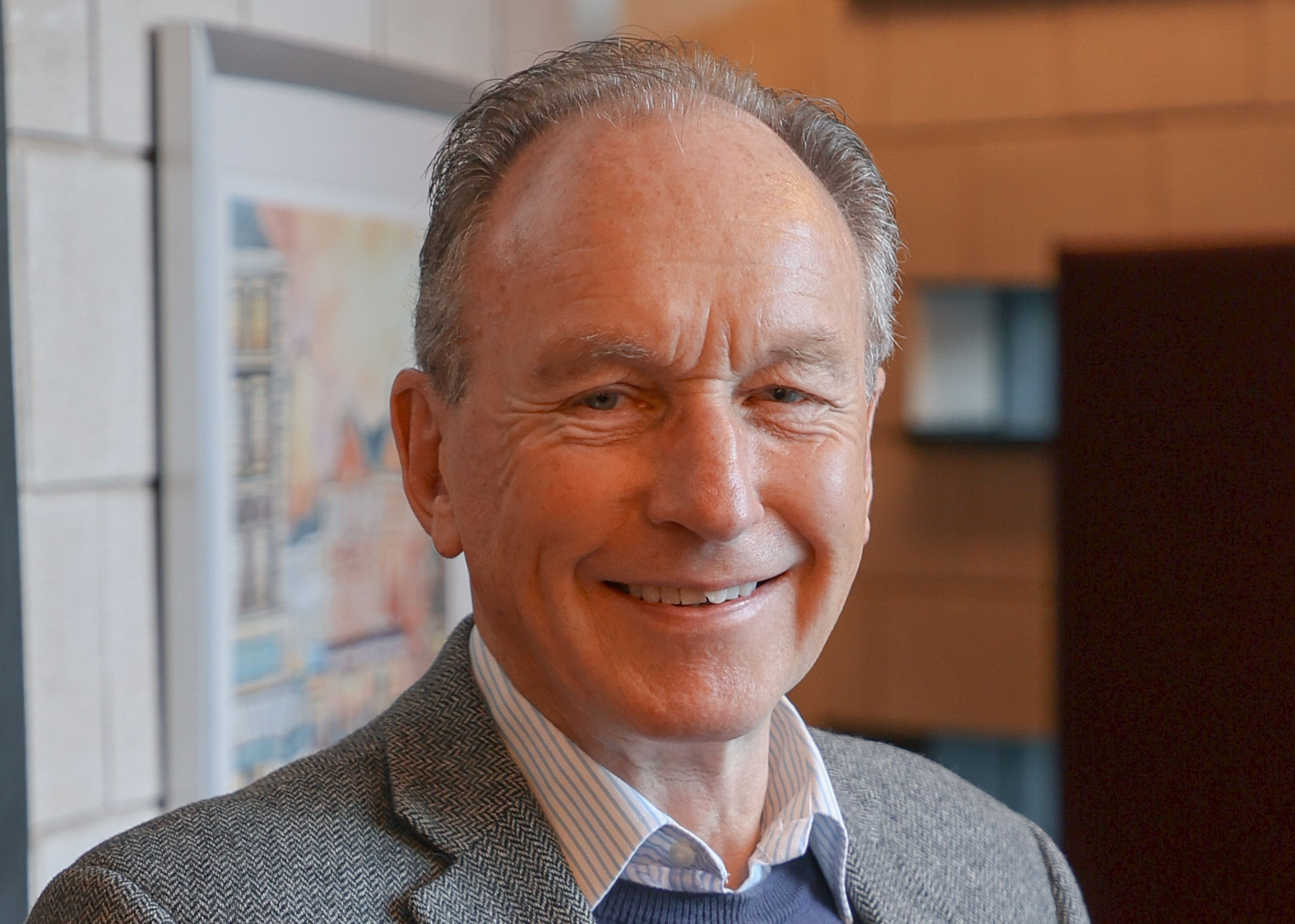
Nicola Wallace Dean
Nicola is the Chief Operating Officer for the Starting Point Community Learning Partnership - a social enterprise focused on improving life outcomes through informal community based learning.
She has experience in developing and delivering IT training programmes for organisations including IBM, Merseyside Police and the Ministry of Justice.
Nicola describes herself as “passionate about increasing social and digital inclusion by listening to people, working out what drives them and encouraging them to take positive action to bring about change.”
What does digital inclusion mean to Nicola?
"Digital inclusion is about making the world a fairer place for us all to participate in. It’s about someone being able to check what their GP said at that appointment by going on an NHS app, a young person keeping in contact with school mates after a tough day at school or someone downloading a CV template to apply for their first job. If we have ever had the privilege to consider a digital detox after too much time online, it is us who have the responsibility to make sure all those endless are open to everyone. If you think being online is important, making that inclusive is even more so."
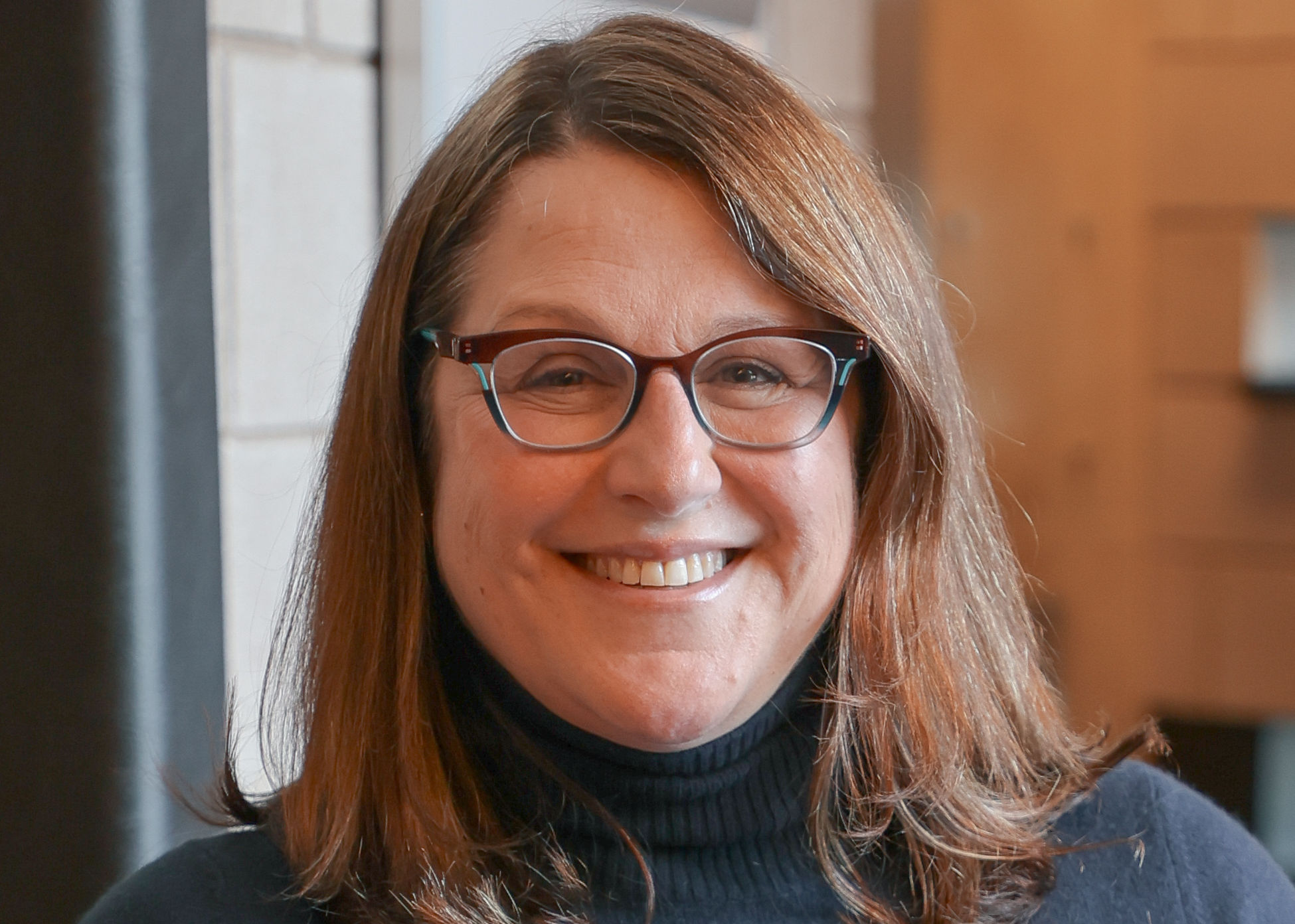
Julie Hawker MBE
Julie is Chief Executive of Cosmic, a digital skills and digital services agency which operates as a social enterprise. Her core responsibilities include strategic leadership, overseeing delivery of business plans, supporting staff and working with partners and clients. She also acts as Lead Consultant on major projects for digital transformation of businesses, charities and public sector organisations.
She has also worked in a variety of roles alongside her work at Cosmic, including as regional SW Lead for FutureDot Now and she is Chair of the Bank of England’s Citizens Panels in the South West. She has held multiple board and trustee positions over the years including at South West Business Council, Devon Air Ambulance and the Exeter Chamber of Commerce, and was previously Chair of the Heart of SW Digital Skills Partnership.
Skilled in leadership and its development, strategic management, partnership development, project design and development, coaching and mentoring for leaders; Julie is passionate about both digital inclusion and social enterprise, as well as building and supporting people and teams.
What does digital inclusion mean to Julie?
"For me the essence of digital inclusion is ensuring that everyone has the opportunity to leverage digital technologies in ways which improve their lives and life chances."
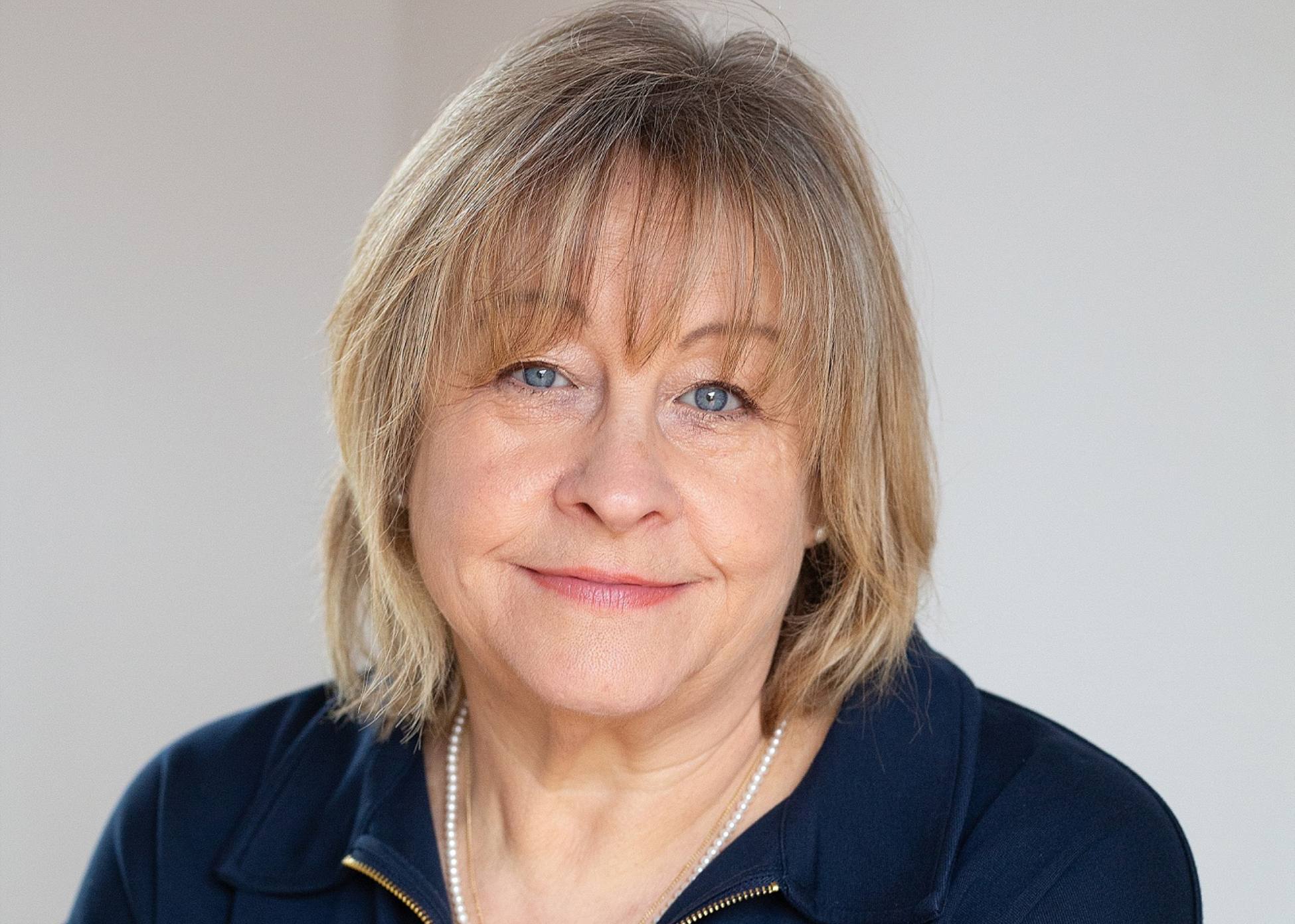
Tom Hillsdon
Tom is another of our staff-elected trustees and, as a Delivery Manager, leads projects and initiatives to improve our products and services for the National Digital Inclusion Network.
Tom's previous roles were in Higher Education. He is a regular volunteer for local charities where he lives in Greater Manchester and he is passionate about making positive change for marginalised and excluded communities.
What does digital inclusion mean for Tom?
"Digital inclusion for me is about providing the vital access and support that people need to function and live well in today’s society. Not having access to data, devices or digital skills has a real, direct impact on someone’s ability to look after their health, find employment and use services we all need. Charities, businesses and Government must work together to fix the digital divide for good."
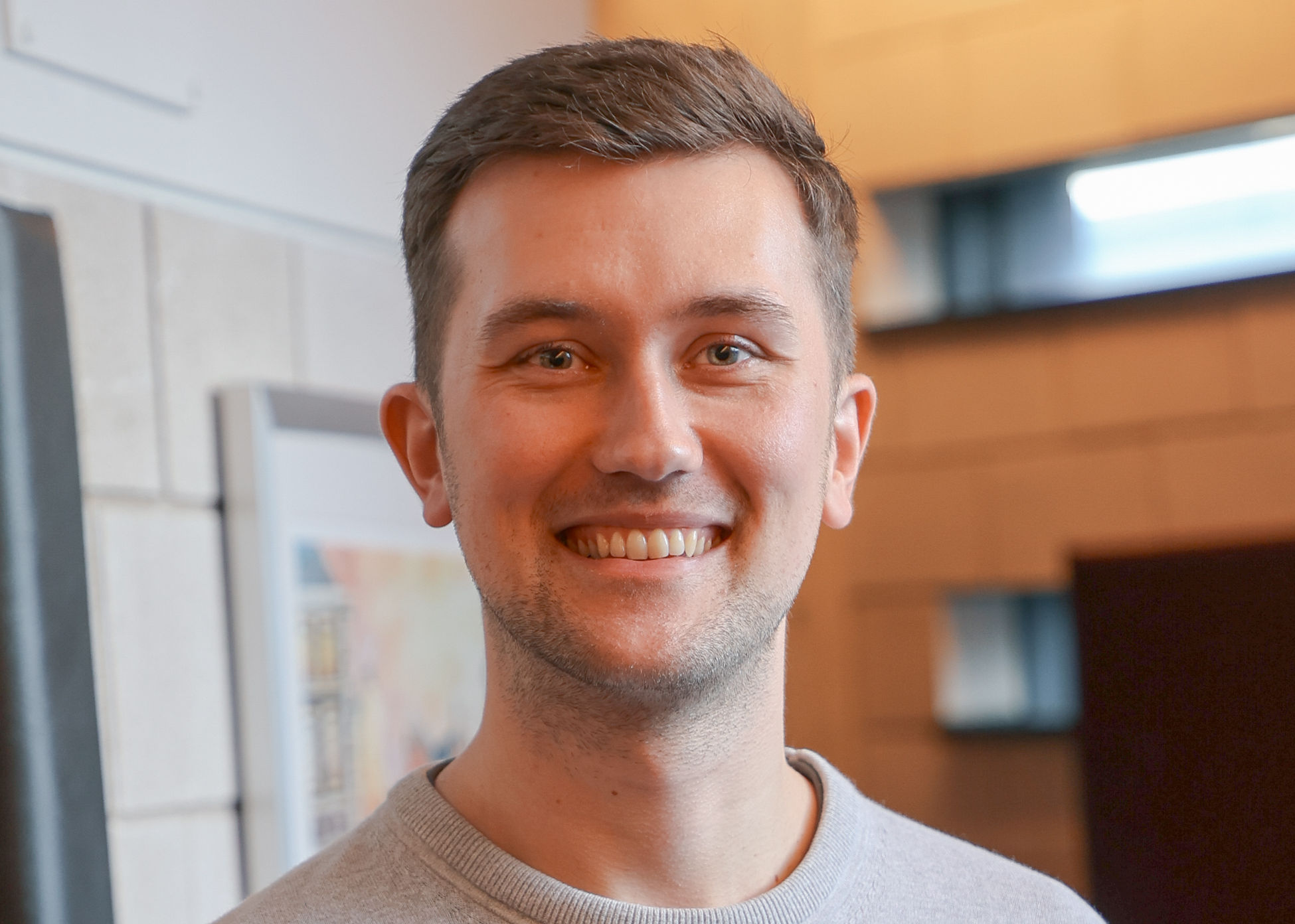
Jo Reynolds
Jo is also a staff-elected trustee and is Research & Evaluation Manager at Good Things, with responsibility for measuring the difference we make as an organisation, and understanding the impact of digital inclusion on people’s lives.
She has a background in academic public health research and teaching, plus experience in evaluation consultancy in the charity sector. In recent years, she has been trustee and Co-Chair of the board of a small Sheffield-based charity, supporting people to learn English and become more connected in their local community.
What does digital inclusion mean to Jo?
"For me, digital inclusion means freedom and choice - to use services in the way that suits you best, to connect with friends and family when you want, and to have options for work, education and leisure. Without digital access or skills, many of these options are really limited."
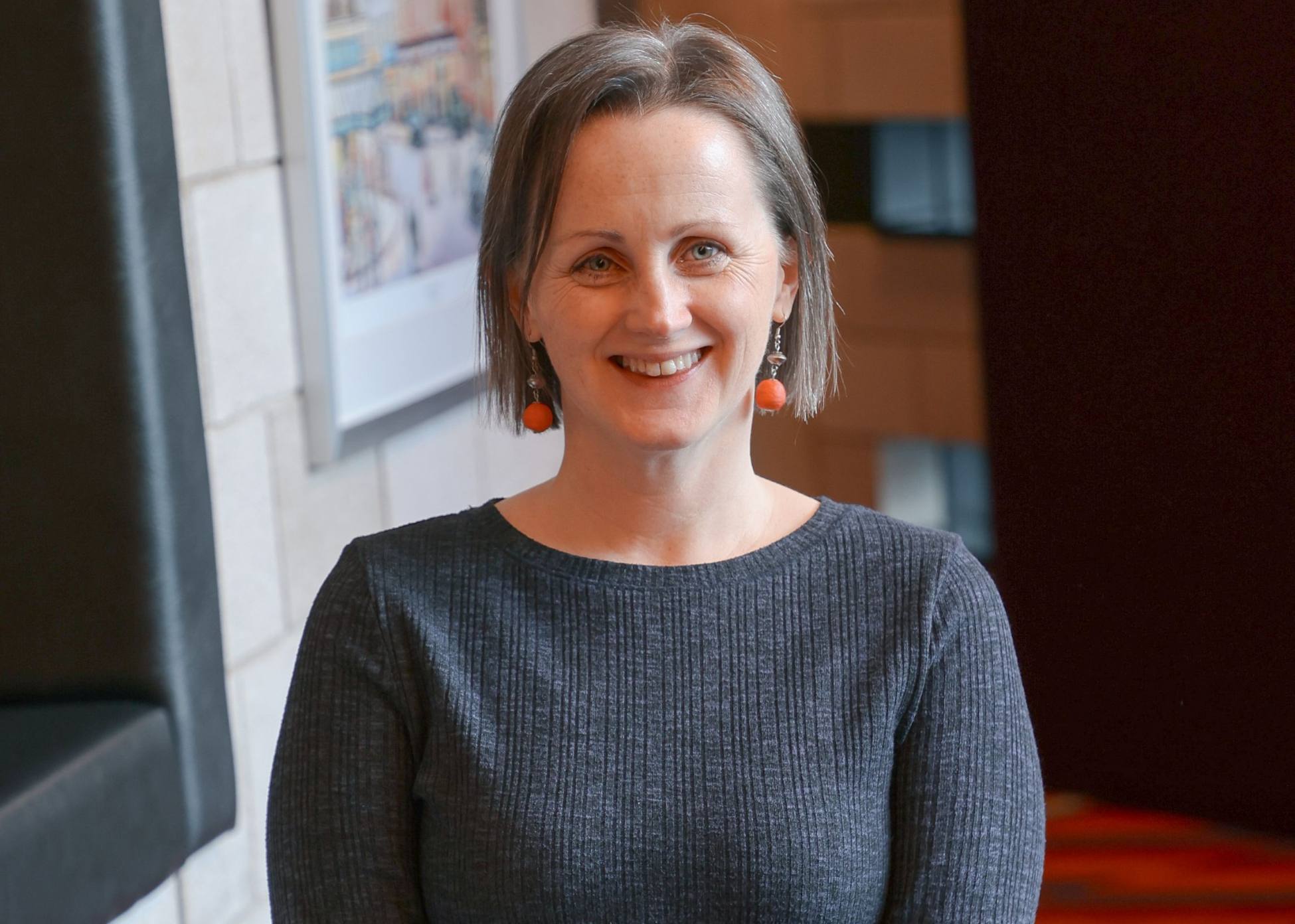
Conor Rose
Conor is a retail and data industry professional with experience across strategy, operations, communications and programme delivery that enables value through increased digital and data capabilities.
He has experience driving improved digital and data people capabilities and cultural change in the private sector, having formed and scaled programmes that reached over 35,000 people to enable business transformation. Alongside this, he has led data transformation and innovation programmes to deliver accelerated and stronger organisational outcomes.
Conor is active in supporting broad people inclusion efforts across several areas including digital.
What does digital inclusion mean to Conor?
“Digital exclusion is invisible to most of us. For many millions of individuals and families, it’s a daily challenge to overcome. This divide is at risk of deepening as organisations accelerate their digitisation of key experiences and services. Consider - how did you last book an appointment? Secure your last job? Learn something new? Connect with a loved one? I’d be surprised if digital didn’t play a part in making it easier, or possible at all. It’s in the benefit of all of us to have a healthy, happy and productive society in the UK."
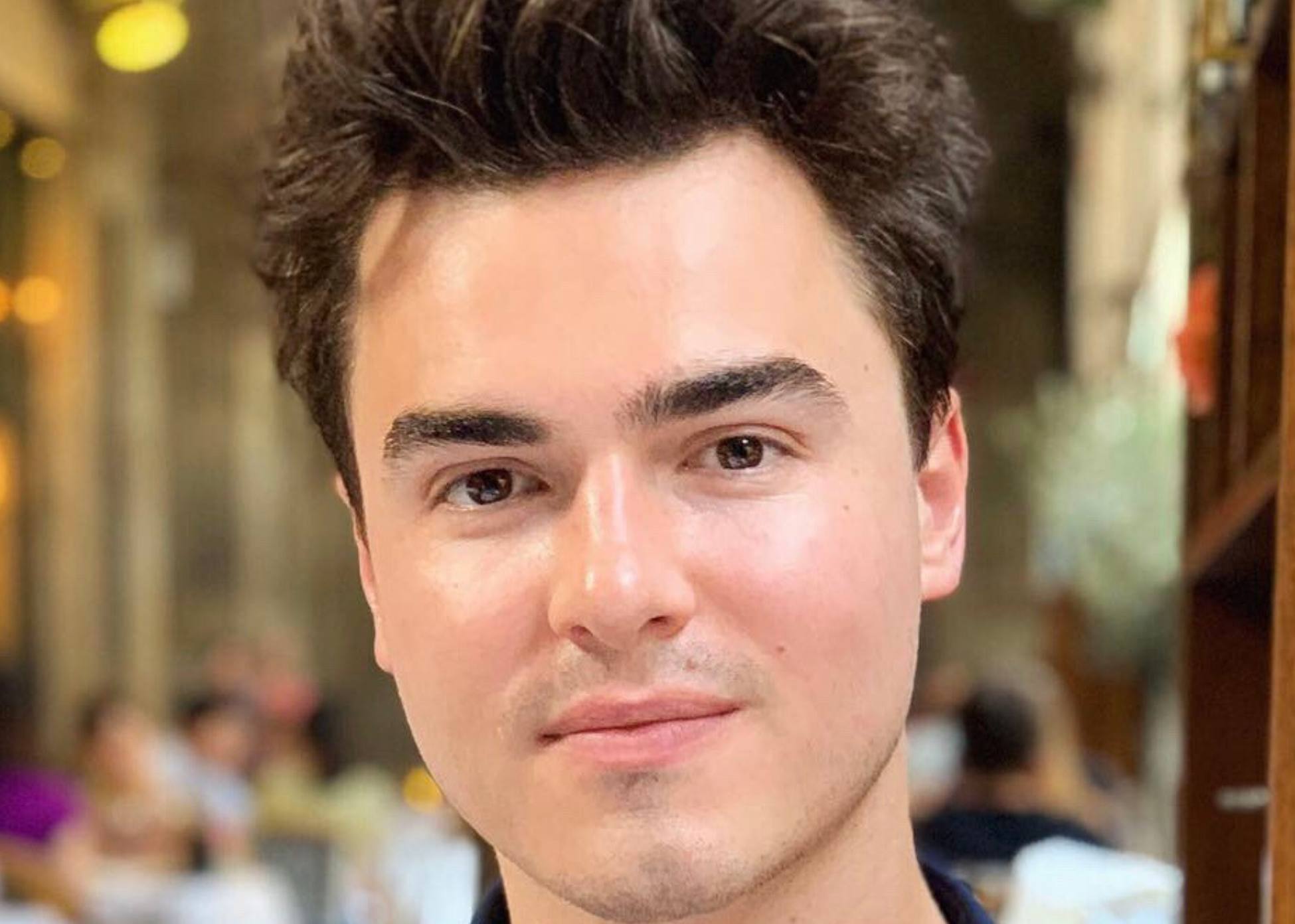
Juliet Upton
Juliet Upton is a highly respected advocate for social change with over 30 years of experience in the charity, private and public sectors.
She has led significant programmes focused on community engagement and social policy, including supporting the UK government to address digital skills gaps and shortages across society.
Her previous leadership roles within the UK government’s national cyber security programme and at the UK’s national academy for engineering, demonstrate Juliet’s deep understanding about the importance of digital and social inclusion.
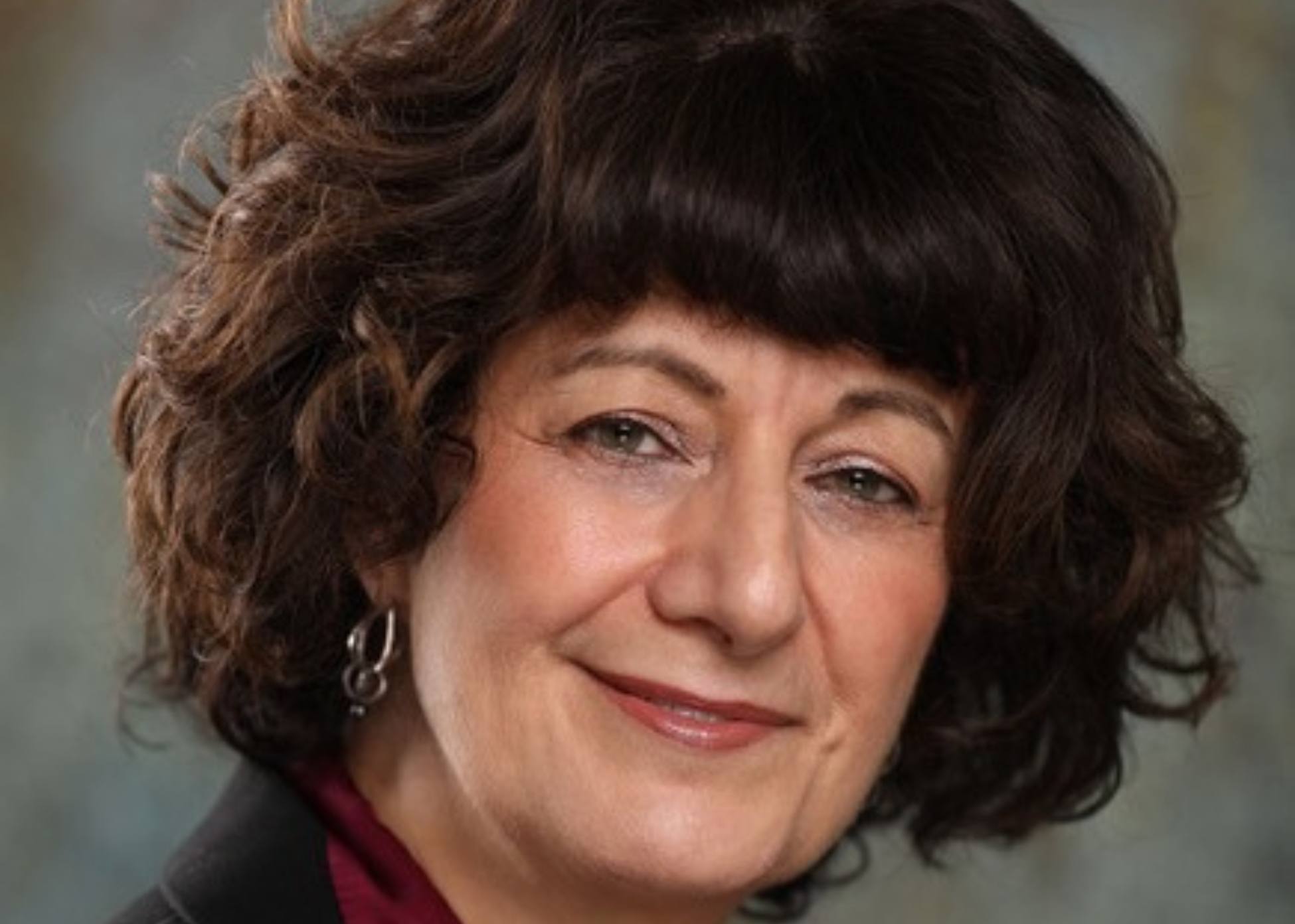
Dan Zinkin
Dan spent 25 years at JPMorgan Chase, starting off in operations and working his way through finance and business management/COO roles until moving to technology in 2010, after realising that most of his time in these roles was spent using technology and data to optimise the team and workload.
14 years leading large technology organizations supporting corporate finance, sales, corporate banking, and various other groups enabled him to learn and then drive digital transformation across a wide variety of business areas and processes.
At JPMorgan Dan was also a member of the UK Philanthropy Council where he first had the chance to interact with Good Things Foundation as the sponsor of Power Up. In addition he was a leader in driving diversity as the co-lead of the global tech Male Allies program and a sponsor of Social Mobility initiatives.
Since leaving JPMorgan in January 2024, Dan spent almost a year living vicariously investing and advising in the UK startup scene, in particular as an Alma Angel focused on investing in female founder led businesses (he is also a failed founder from the original dotcom era!) before deciding to join Investcloud, a wealth tech firm, as their head of AI, Data & Analytics in late 2024.
Outside of work, family, community and playing and watching football (Tottenham!) keep him busy.
What does digital inclusion mean to Dan?
"Digital inclusion is having the necessary skills and access to participate in all parts of our modern society. Whilst in-person experiences can't be beaten, the reality is that most key activities in our lives rely on digital skills and access, from finding work, finding a place to live, managing finances and financial transactions, to keeping track and interacting socially with our friends. Digital inclusion opens the door to opportunity and those lacking access often are already most in need of those opportunities."
